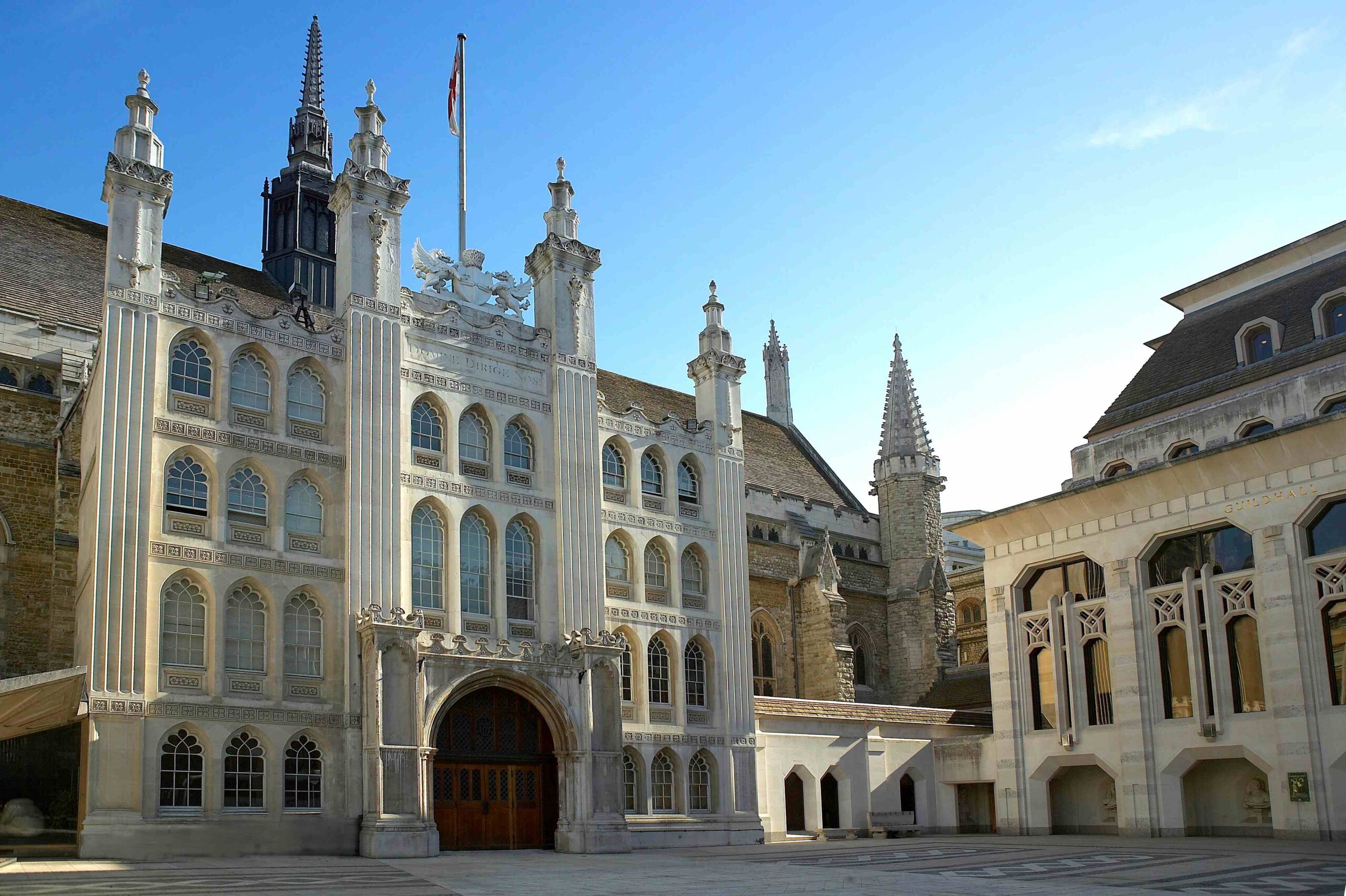Local authority spending on CCTV has reduced significantly over the past four years, but a report suggests technology is opening up new avenues for surveillance
The amount of money local authorities spend on installing and monitoring CCTV cameras fell by almost 50% over the past four years, according to new research gathered by a civil-liberties campaign group.
Big Brother Watch said that while budgetary constraints had prompted some councils to scrap their CCTV systems altogether, authorities in London appeared to be increasing their capabilities. It warned that technological advances in areas such as sound and gait recognition would create new privacy concerns.
The group said data obtained via Freedom of Information Act requests showed local authorities spent at least £277m on the installation, maintenance and monitoring of cameras between 2012 and 2015, down 46.4% from the figure produced in a previous survey. However the research showed that the number of cameras had only decreased by 12.5% to “at least” 45,284 units.
London authorities counterbalanced declines in other areas by increasing the number of cameras they control from 8,105 to 13,924 over the period – a rise of 72%, according to the Are They Still Watching? report.
Big Brother Watch said councils should be made to publish statistics on the “number of crimes detected, investigated and solved” by each camera in order to demonstrate the necessity for the hardware.
Related Content
Rubbish research aims to reduce littering costs
European rules ‘must not be allowed to stifle internet of things’
The report authors also called for reform of the oversight of CCTV, complaining that the current system was confusingly divided between the Information Commissioner’s Office and the surveillance camera commissioner.
“As cameras become more multifunctional and potentially increase their biometric capabilities, it may be that the biometrics commissioner becomes involved in their oversight as well,” the report authors said.
“We suggest clarity is established now so that one commissioner oversees all aspects of surveillance cameras with feed in from other relevant commissioners as necessary.”
According to the report, advances in technology over the next few years will see new kinds of cameras with face, voice and gait recognition, and the ability to track particular individuals becoming commonplace.
Lobby group the Local Government Association, which represents hundreds of councils across England and Wales, said that while councils usually paid for and operated CCTV systems, the main users of the footage were the police and Crown Prosecution Service.
Big Brother Watch’s figures showed Hackney had the most CCTV cameras of any UK authority responding to its requests for data. The report authors said that with 2,900 cameras, the east London borough had more CCTV than the whole of Wales.



